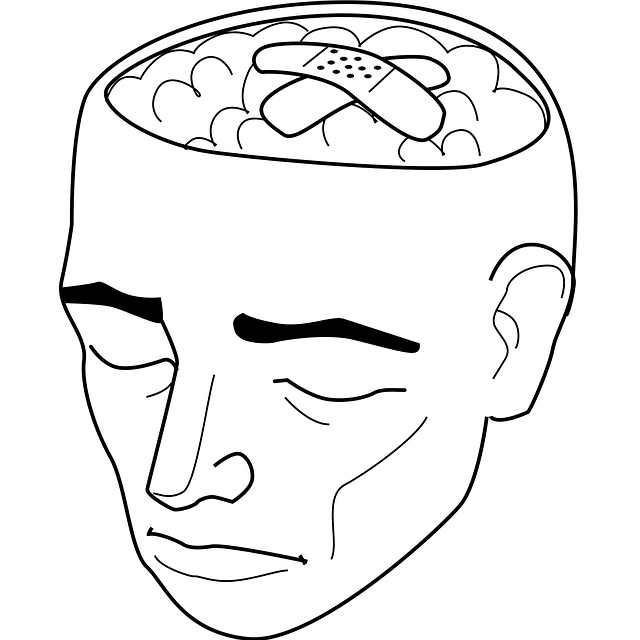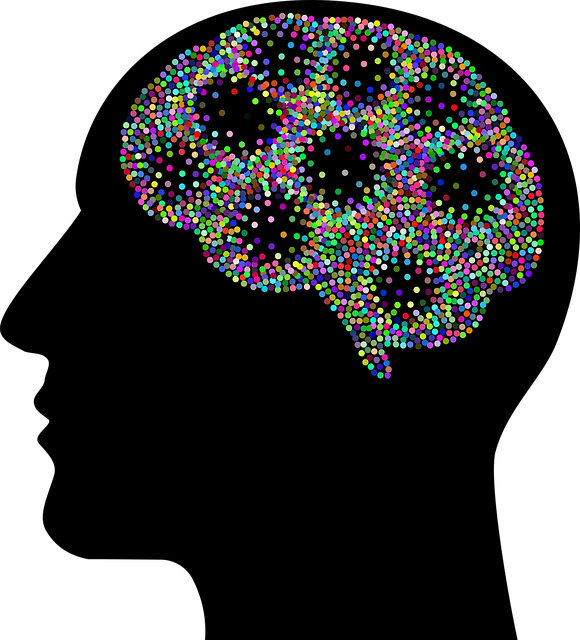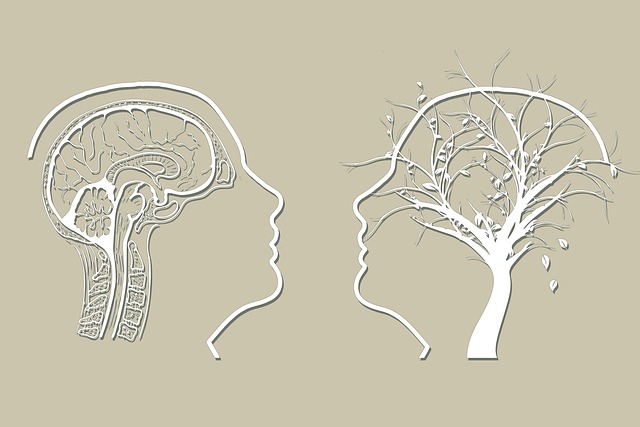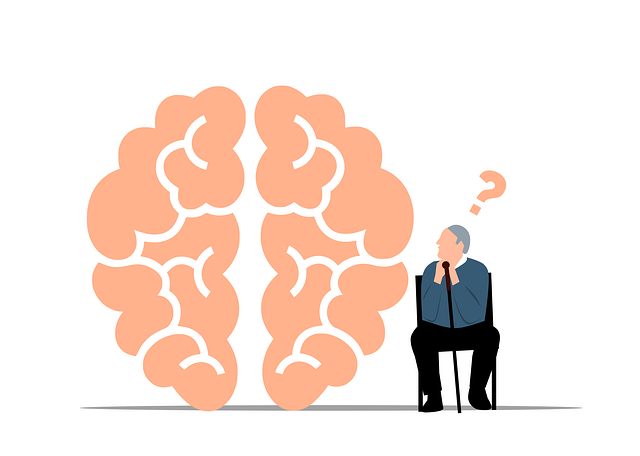The text emphasizes the rising concern of elderly alcohol abuse within mental health, highlighting unique challenges like loneliness and healthcare issues that contribute to higher rates compared to younger generations. Effective strategies include public awareness campaigns and community outreach programs tailored to seniors' needs, offering early intervention and accessible treatment options. Tailored mental health education, integrating therapy for elders' alcohol abuse, is a powerful prevention tool. Programs should feature inclusive workshops, peer support, and cultural competency training, empowering professionals with CBT and mindfulness practices to build resilience. Evaluating program impact through changes in alcohol consumption, life satisfaction, and stigma reduction ensures enhanced Mental Health Awareness among elders.
Mental health education programs play a pivotal role in addressing pressing issues like elderly alcohol abuse, a growing concern within our communities. This article delves into the comprehensive design of such programs, focusing on vulnerable populations. We explore the prevalence and impact of alcohol abuse among elders, highlighting the crucial role of mental health education in prevention. Through effective learning modules incorporating therapeutic techniques, we aim to equip individuals with tools to combat this issue. Success stories and evaluation methods are discussed, emphasizing the program’s potential to revolutionize therapy for elderly alcohol abuse.
- Understanding Elderly Alcohol Abuse: Prevalence and Impact
- The Role of Mental Health Education in Prevention
- Designing Effective Learning Modules for Vulnerable Populations
- Incorporating Therapeutic Techniques into the Curriculum
- Implementing and Evaluating the Program's Success with Elders
Understanding Elderly Alcohol Abuse: Prevalence and Impact

The issue of elderly alcohol abuse is a growing concern within the mental health landscape, often overlooked but profoundly impactful. As our population ages, it’s crucial to understand that older adults may face unique challenges that contribute to substance abuse, particularly alcohol. This demographic faces increased risks due to factors like loneliness, healthcare issues, and easy access to alcohol, leading to higher rates of alcoholism compared to younger generations.
The prevalence of this problem is significant; studies reveal a rising number of elderly individuals seeking therapy for elders alcohol abuse, indicating a critical need for intervention. The impact extends beyond the individual, affecting families and communities. Public awareness campaigns development and community outreach program implementation can play a pivotal role in addressing this issue. Effective communication strategies can educate both the aged population and their support networks about recognizing signs, providing early intervention, and offering accessible treatment options.
The Role of Mental Health Education in Prevention

Mental health education plays a pivotal role in prevention strategies, particularly when addressing issues like alcohol abuse among elders. By integrating therapy for elders with alcohol abuse into educational programs, we can foster a culture of emotional well-being and resilience from an early age. This proactive approach aims to identify potential risks and provide necessary support before problems escalate.
Education on mental health topics such as emotional regulation and confidence boosting equips individuals with coping mechanisms to manage stress and adversity. It also broadens awareness, reducing stigma associated with seeking help for trauma support services. Through interactive workshops and engaging discussions, peers can learn from each other’s experiences, fostering a supportive community that promotes open conversations about mental health.
Designing Effective Learning Modules for Vulnerable Populations

When designing learning modules for mental health education, especially for vulnerable populations like elders suffering from alcohol abuse, it’s crucial to tailor content and delivery methods to address specific needs and challenges. These individuals often face unique barriers to accessing care, including stigma, physical limitations, and social isolation. Therefore, the learning environment should be inclusive, accessible, and sensitive to their circumstances.
Effective modules for such populations can incorporate a combination of interactive workshops, peer support groups, and community-based outreach activities. For instance, Healthcare Provider Cultural Competency Training can help educators understand the unique cultural contexts and beliefs that might influence an elder’s openness to therapy. Similarly, burnout prevention strategies should be integrated to ensure support staff remain resilient in their roles, thereby fostering a more sustainable and effective Community Outreach Program Implementation.
Incorporating Therapeutic Techniques into the Curriculum

Incorporating therapeutic techniques into mental health education programs is essential to prepare students for real-world challenges they may encounter while working with diverse populations, especially elderly individuals dealing with alcohol abuse issues. These techniques not only enhance the curriculum’s effectiveness but also foster a holistic approach to care. By teaching students about therapy methods such as cognitive-behavioral therapy (CBT) and mindfulness practices, they gain valuable tools to support emotional regulation in their clients. For instance, CBT can assist elderly patients in identifying and modifying negative thought patterns related to alcohol abuse, promoting healthier coping mechanisms.
Additionally, resilience building is a critical aspect that should be integrated into the curriculum. Teaching students strategies for burnout prevention, particularly tailored to healthcare providers working with at-risk populations, can contribute to their long-term success. Encouraging emotional awareness and regulation skills will enable mental health professionals to better assist seniors in overcoming alcohol abuse while also safeguarding their own well-being. Such an approach ensures that the program equips students with the necessary tools to address complex issues effectively, ultimately enhancing patient outcomes.
Implementing and Evaluating the Program's Success with Elders

Implementing a mental health education program tailored for elders is a significant step towards addressing unique challenges within this demographic. The success of such initiatives lies in their ability to foster open discussions about mental illness, particularly among older adults who may face barriers to seeking help due to societal norms or a lack of understanding. One effective strategy is to incorporate therapeutic sessions that specifically target issues like alcohol abuse, a concern prevalent among the elderly population. By providing a safe space for sharing experiences and offering evidence-based techniques, the program can significantly enhance their well-being.
Evaluation of the program’s impact should include measuring changes in participants’ mental health status, alcohol consumption patterns, and overall satisfaction with life. Regular feedback sessions and follow-up assessments enable researchers to gauge the long-term benefits. Moreover, tracking the reduction in stigma associated with mental illness within this age group is a crucial indicator of successful Mental Illness Stigma Reduction Efforts. These evaluations not only highlight the program’s effectiveness but also guide future improvements, ensuring that initiatives like these continue to boost elders’ confidence and promote Mental Health Awareness.
Mental health education programs play a pivotal role in addressing elderly alcohol abuse, offering not just prevention but also therapeutic solutions. By incorporating tailored learning modules and integrating evidence-based techniques, we can create impactful interventions that resonate with vulnerable populations like the elderly. Evaluating program success is essential to refining these initiatives and ensuring they effectively mitigate alcohol-related issues among seniors, ultimately enhancing their quality of life through appropriate therapy.










